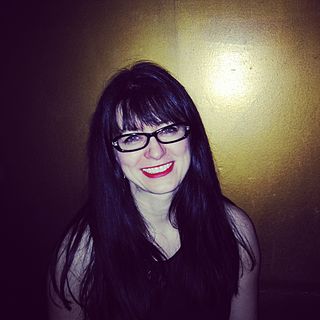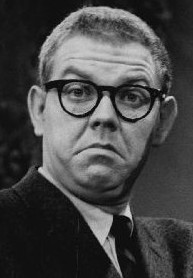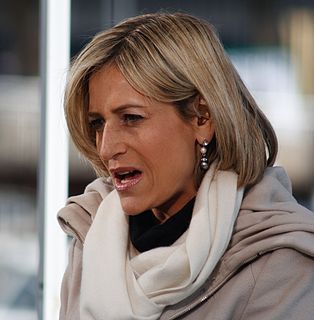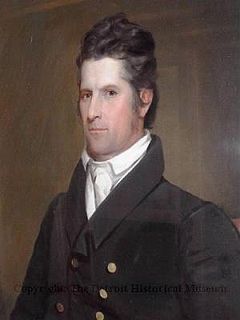A Quote by Simone Muench
I was a bit shut down by a lot of the snarkiness and biliousness in some of the poetry blogs. I was tired of aesthetic wars that weren't productive and were becoming mean-spirited. I was probably overworked as well, so I stopped reading and writing for about a year.
Related Quotes
This is going to sound nuts but it took me forever to figure out why I'd stopped writing poetry - I mean, I went about a decade where I wrote very little poetry and I thought it was because I was doing a weekly blog. And then when we moved, I reconfigured my writing desk. The previous one had had very little space to write by hand. And suddenly, the poetry was gushing!
I liked to write from the time I was about 12 or 13. I loved to read. And since I only spoke to my brother, I would write down my thoughts. And I think I wrote some of the worst poetry west of the Rockies. But by the time I was in my 20s, I found myself writing little essays and more poetry - writing at writing.
We should think about what we mean by literacy. If you say, "He's a very literate person," what you really mean is that he knows a lot, thinks a lot, has a certain frame of mind that comes through reading and knowing about various subjects.The major route open to literacy has been through reading and writing text. But we're seeing new media offer richer ways to explore knowledge and communicate, through sound and pictures.
I realized Michael was right. I mean, I am always writing in this journal. And I do compose a lot of poetry, and write a lot of notes and emails and stuff. I mean, I feel like I am always writing. I do it so much, I never even thought about it as a talent. It's just something I do all the time, like breathing.
You'd hope that no writing about music could supersede the music itself. But I do think that blogs mirror the way that we are listening. It comes at you fast and it's timely and then five minutes later we're on to something else. It caters to our desire for instant gratification. And I think blogs also have fluidity that's exciting. You have a lot of real enthusiastic music fans for the most part that are writing sometimes for a large audience, and I think certain blogs have a little too much power over what someone likes or doesn't like.
I have three different groups of girlfriends and I swear to you, we put the world to rights between 8.15 and whenever we end. Some days there's a lot of running and a bit of talking, some days there's a lot of talking and a bit of running. But by the end I'm oxygenated and body-tired, as opposed to mind-tired.
People say to us, look, it may well be the case that there are fewer wars and fewer genocides, but surely more people are being killed. But when we look at this, the number of people killed in wars involving a state every year, all the wars, and you can see there's a high point, that's the Korean war, and it keeps on going down and down and down. If you look at the average number of people killed per conflict per year, it goes from 37-thousand in 1950 to just 600 in 2002.
I got so discouraged, I almost stopped writing. It was my 12-year-old son who changed my mind when he said to me, "Mother, you've been very cross and edgy with us and we notice you haven't been writing. We wish you'd go back to the typewriter. That did a lot of good for my false guilts about spending so much time writing. At that point, I acknowledged that I am a writer and even if I were never published again, that's what I am."
The Baathist state did two things extremely well. One was create information-gathering intelligence networks and a filing system. There's actually a lot of information on a lot of people and that is a major achievement of a police state. The second one is the promotion of literature and poetry, and the arts generally. So this is a state that's producing mass police archives - surveillance - and poetry. And in fact a lot of the archives are about what poets are writing or what they should be writing.
































